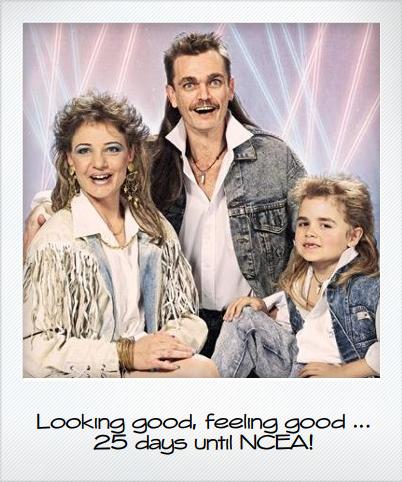
I know that some of you didn’t enjoy the novel but should it be banned from schools?
Margaret Atwood wrote The Handmaid’s Tale in the early 80s, a time when there was a backlash against the feminism of the 70s. In the many of the advances that women had made, the sacrifices they had made in order to create more opportunities for subsequent generations of women, were being ignored or rejected. There were calls for women to return to the home, to leave the workplace and go back to raising children. The 1980s were very conservative times.
The story is told by Offred, a handmaid in the Republic of Gilead, a society in which women of a lower caste are the concubines for the ruling caste and provide babies for the women. In this society, sexual intercourse is considered degrading to women so only the lower class women have it. Men and women are very strictly segregated, according to their gender as well as to their class. Atwood critiques fundamentalist religions as well as caste societies and the military.
At the time of its publication the novel provoked much discussion and debate. The Handmaid’s Tale is listed as one of the 100 “most frequently challenged books” from 1990 to 1999 on the American Library Association’s website. The Canadian Library Association (remember Atwood is Canadian) says there is “no known instance of a challenge to this novel in Canada” but says the book was called anti-Christian and pornographic by parents after being placed on a reading list for secondary students in Texas in the 1990s.
It has been reviewed this year in some places (including Canada) because of complaints over sexuality and criticism of religious fundamentalism.
According to Education Reporter Kristin Rushowy of the Toronto Star in 2008 a parent in Toronto, Canada, wrote a letter to his son’s high school principal, asking that the book no longer be assigned as required reading, stating that the novel is “rife with brutality towards and mistreatment of women (and men at times), sexual scenes, and bleak depression.” Rushowy quotes the response of Russell Morton Brown, a retired University of Toronto English professor, who acknowledged that “The Handmaid’s Tale wasn’t likely written for 17-year-olds, ‘but neither are a lot of things we teach in high school, like Shakespeare. … ‘And they are all the better for reading it. They are on the edge of adulthood already, and there’s no point in coddling them,’ he said, adding, ‘they aren’t coddled in terms of mass media today anyway.’ … He said the book has been accused of being anti-Christian and, more recently, anti-Islamic because the women are veiled and polygamy is allowed. … But that ‘misses the point,’ said Brown. ‘It’s really anti-fundamentalism.”
Is it too brutal, sexist for school?
Read an interesting discussion of the novel here.







